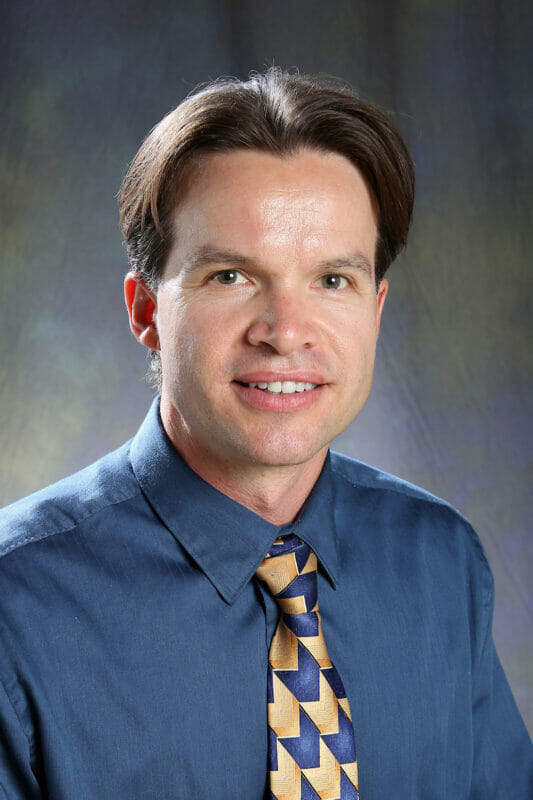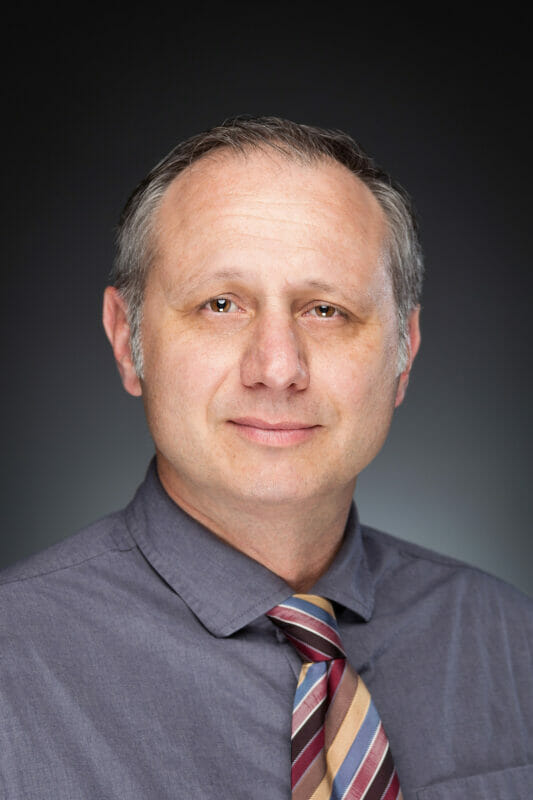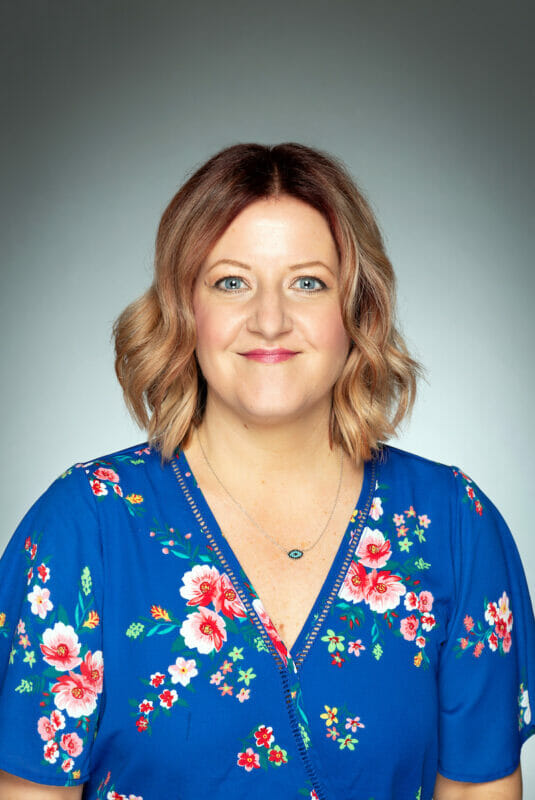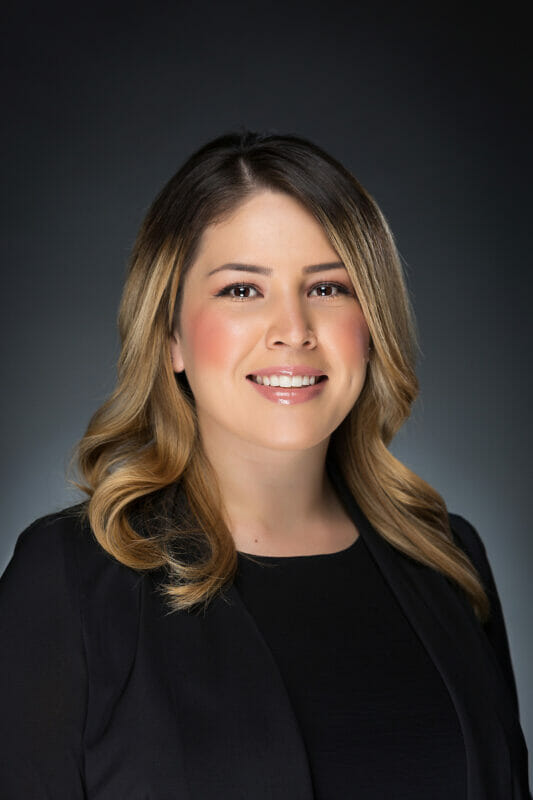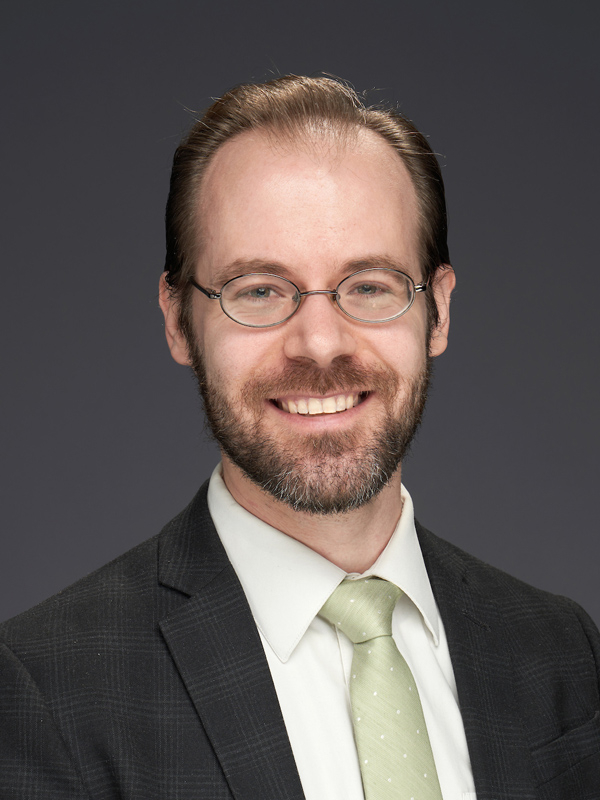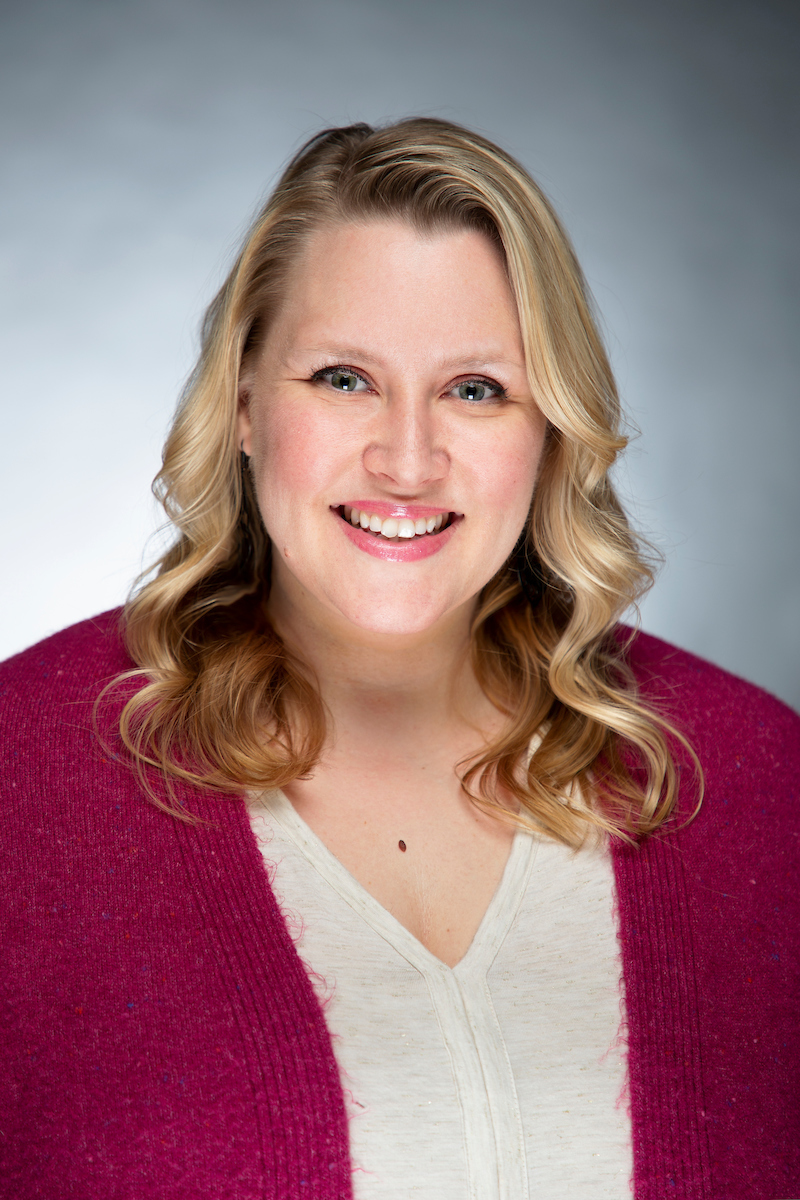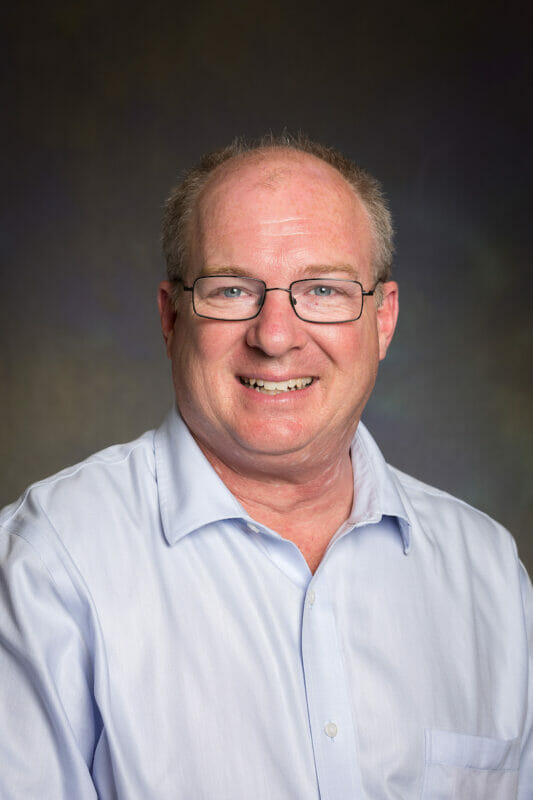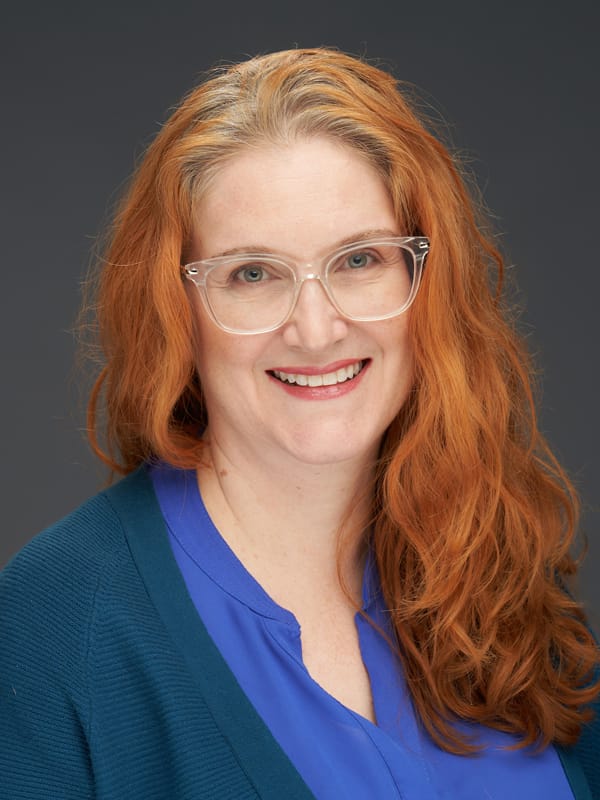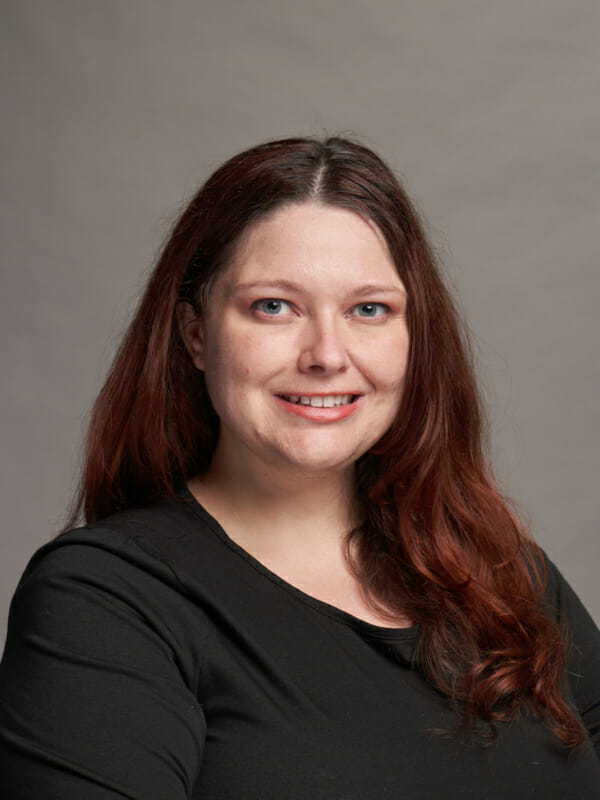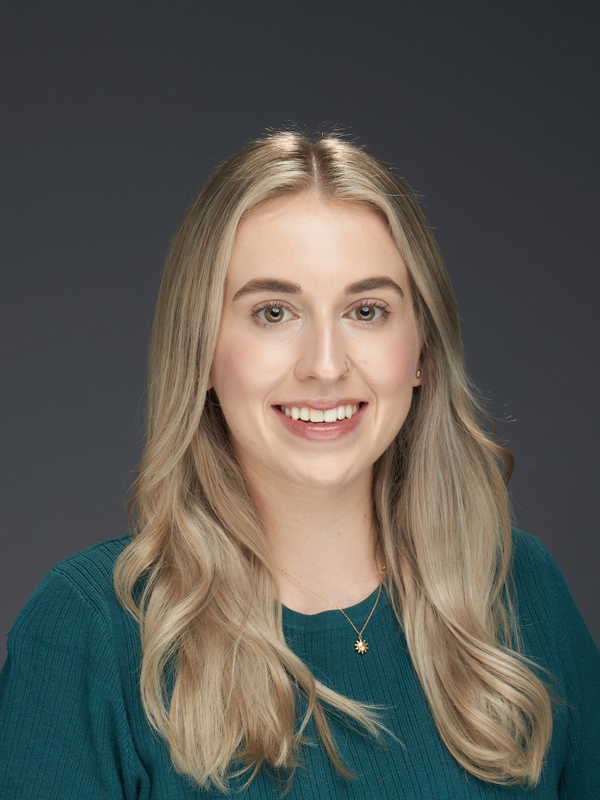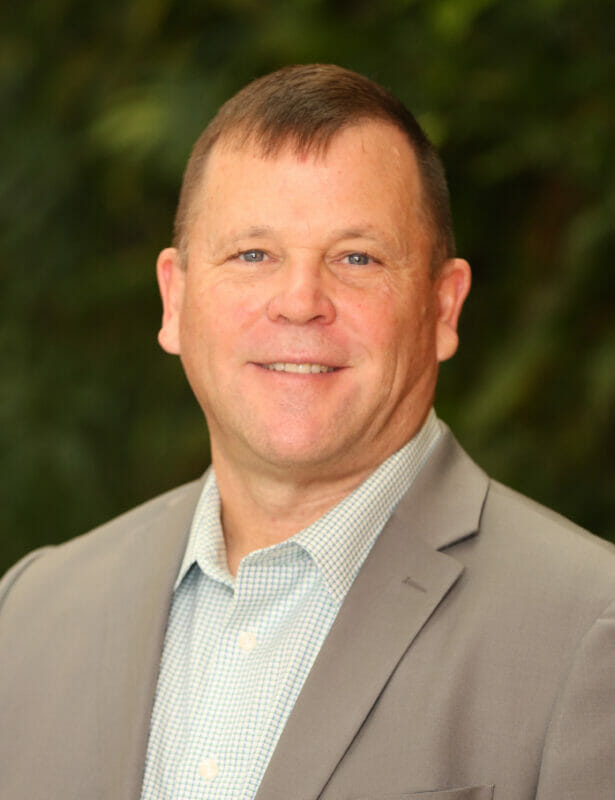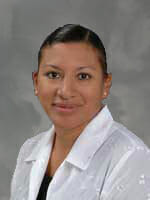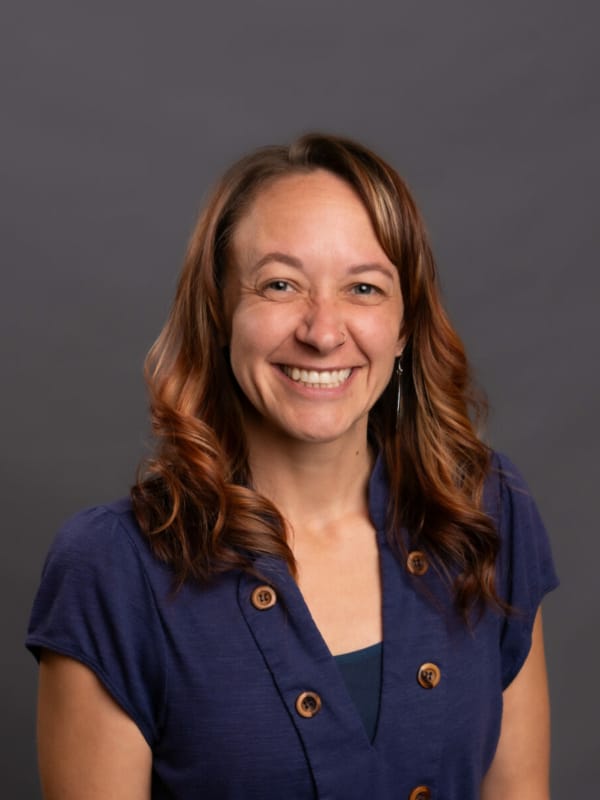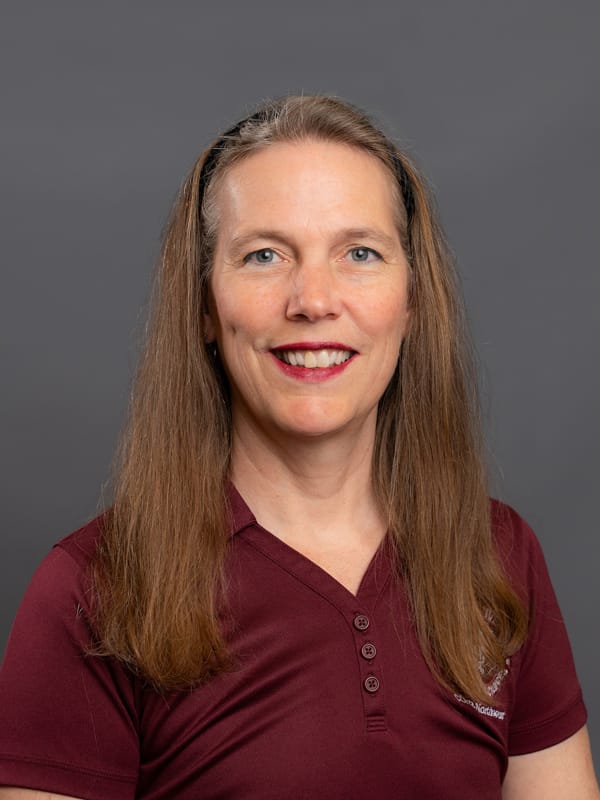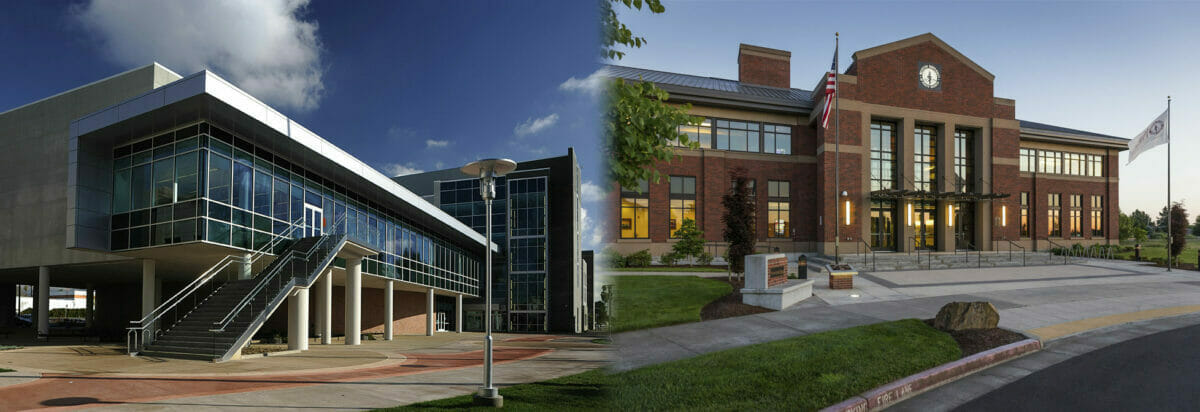
Medical Simulation/Standardized Patient Program
Medical Simulation/Standardized Patient Program
The Office of Medical Simulation provides safe and realistic environments where students and community health-care professionals can develop and hone their clinical, interpersonal, and communication skills. The mission is to support professionals to become caring and compassionate providers while serving their communities in providing comprehensive, patient-centered health care.
Sarkaria Family Patient Simulation Suite
For all Sarkaria Sim Suite inquiries please email us at: sarkariasim@westernu.edu
Frequently Asked Questions about Standardized Patients
What is a Standardized Patient?
A Standardized Patient (SP) is a person who is trained to simulate the medical condition of an actual patient. You will be seen by medical students to portray a “case,” detailing the current medical problem, past medical history, family and social situation, and emotional state of the patient that you will need to portray. You will also be trained to look for specific student responses and skills, to record them, and to give feedback to the students on their performance.
Do students and residents know that an SP is not a real patient?
Yes, and they are instructed to treat the SP as if they are a real patient. The students’ techniques and skills are the same as if they were seeing a real patient who was presenting them with a real medical condition.
Will I have to grade the student?
You will not be asked to grade students. You will be asked to complete a checklist as a record of the encounter. SPs also provide both positive and constructive feedback to students based on their performance.
What type of physical examination should I expect?
An exam may include: Listening to the heart and lungs with a stethoscope; pressing on your abdomen, neck, face, and limbs to assess tenderness; using a scope to look in your ears, eyes, nose, and throat; taking your pulse, respiration, and blood pressure; checking muscle strength, reflexes, range of motion, and gait.
Breast, pelvic, genital or rectal examinations will not be performed. Invasive procedures (blood draw, X-ray, throat cultures) will not be performed.
Will I have to remove my clothing?
We will provide you with a hospital gown and you will always be permitted to wear underclothing (and shorts) underneath. Occasionally we wear our regular street clothes.
Is an SP’s personal health history relevant?
Maybe. If an SP has a scar or a medical condition, he/she can state “not part of the case”; however, certain health conditions make it difficult to be a successful SP. For instance, since most interactions are timed, an SP who is unable to hear student questions would disadvantage the students he/she might work with.
In addition, an individual who has had a great deal of experience with health care providers, is not “more qualified” to be an SP than someone who simply gets a routine check-up now and then. Having had certain kinds of medical conditions or particularly “good” or “bad” experiences with health care, are not measures of an effective SP.
What characteristics make an effective SP?
If you are someone who:
- Can maintain a strong level of concentration;
- Has an interest in education;
- Has a flexible schedule;
- Possesses strong written and verbal communication skills;
- Is comfortable with others touching and examining you;
- Values punctuality and commitment;
Then you can be an SP!
SP work is extremely rewarding. People of all demographics are always needed.
Is acting experience a prerequisite to working as an SP?
No. The focus of SP work is on providing the student or resident with an educational opportunity, not on performance or dramatic interpretation. Additionally, many cases do not require extensive acting ability, only the ability to remember case details and know what information to give at what times.
What are SPs paid?
Compensation starts at $20 an hour at the Lebanon campus, and $25 an hour at the Pomona Campus.Standardized Patients are hired as regular, part-time employees of the University. Most SPs are paid through direct deposit.
How often might I work as an SP?
Approximately 1/5 of full-time work. Most SP events occurs during the traditional school year calendar. Events usually occur Mondays-Thursdays and run from late morning until late afternoon. Occasionally, we will have an event on a Friday or Saturday. On average, there are 8 possible days of work each month; however, not all SPs can expect to work every event.
SP work is rewarding and a great way to earn supplemental income; however, it is not consistently scheduled work. If we do not contact you immediately for work, that doesn’t mean we are not interested in utilizing your talents. An upcoming event may not match your demographics, skills, experience, etc.
What can I expect if I am hired as an SP?
You will be expected to memorize the “facts of the case.” Training time for each event varies from 1-3 hours frequently conducted remotely over zoom. The SP Educator trains on case details and physical exam items associated with the case. You will also be paid to learn your case independently in advance. SPs need to have cases memorized when they come to work an event. Encounters take place in the training lab on the college campus with a few exceptions for remote work.
This job requires concentration while being interviewed and examined. You must be able to maintain not only the patient’s character, but also simulate their physical condition during an encounter. Immediately after the encounter, in most cases, you will be able to rewatch the recording of your case while you recall the student’s performance and fill out a computerized checklist. You may also be required to provide verbal feedback directly to the student. Then you will repeat the same process for the next student.
Being an SP takes brisk time management, focus, memorization, attention to detail, and excellent communication skills.
How do I apply to become an SP?
For Lebanon Campus location:
Fill out this application.
Please reach out with any additional questions you may have to Kelly at kmack@westernu.edu or Mark at mmcintire@westernu.edu.
On behalf of the entire team at Comp-NW, we thank you for your interest in improving the future of healthcare. We look forward to growing our pool of engaged and compassionate employees!
For Pomona Campus location:
Fill out this application.
Note: This application has a Submit button. You may want to print a copy of your completed application prior to sending via Submit.


